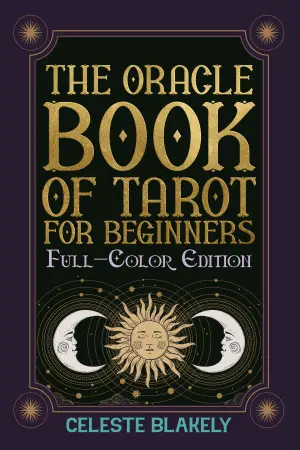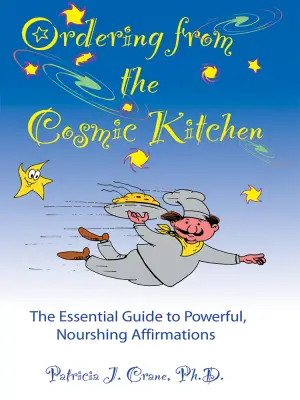Reflections on Speak by Laurie Halse Anderson
Sometimes, a book feels like it was written just for you, igniting emotions and thoughts you’ve kept buried. That’s how I felt reading Speak by Laurie Halse Anderson. As someone who has always been drawn to stories that delve into the complexities of teenage life, Melinda’s journey resonated with me on profound levels. This National Book Award finalist touches on themes of consent, isolation, and healing, making it a powerful companion for anyone navigating the tumultuous waters of adolescence.
At its heart, Speak tells the story of Melinda Sordino, an outcast starting high school after an unspeakable event: she was raped at a party, an act that left her emotionally paralyzed. The narrative unfolds through her eyes, revealing a world filled with high school angst and the deafening silence that follows trauma. Melinda’s isolation echoes through every page; everyone around her seems to have moved on, leaving her to grapple with her pain in silence. As someone who felt like an outsider at times in my youth, Melinda’s struggle to find her voice struck a chord with me.
Anderson’s writing style is like a haunting melody—lyrical yet piercing. The prose flows like a stream of consciousness that allows us to step into Melinda’s mind, feeling every ounce of her turmoil. For example, when Melinda describes her cracked lips, a vivid metaphor for her silence, it’s a reminder of how trauma can manifest physically. A favorite quote of mine captures this sentiment poignantly: “I can almost see the tree in my mind.” This metaphorical tree becomes a symbol of growth, resilience, and eventually, the healing process.
What elevates Speak beyond a typical young adult novel is its ability to interlace psychological insights with relatable teenage experiences. It’s not just about the harrowing event that changes everything for Melinda; it’s also about the day-to-day interactions—the double-faced high school hierarchy that many can attest to. One reviewer noted that Melinda’s story evokes feelings common to all teens, even if their traumas differ. This connection deepens the reader’s engagement and understanding.
The pacing of the book is another standout feature. Anderson builds tension expertly, leading us to the climax where Melinda finally confronts her attacker. It’s not just a plot twist; it’s a moment of catharsis that feels earned, and it left me breathless. The poignant ending reaffirms Melinda’s journey towards finding her voice, leaving a lasting impact that I found both refreshing and hopeful.
I whole-heartedly recommend Speak to anyone—teenagers, adults, educators—who are ready to engage with vital conversations about consent and the importance of speaking out. This book is more than just a read; it’s a conversation starter. It has the potential to change perspectives and, hopefully, lives. As for me, it served as a reminder that, even amid silence and suffering, there’s always a path to healing, and sometimes it starts simply by speaking up.
In a world that often pushes us to the sidelines, Speak encourages us to share our stories, a profound takeaway that will linger long after the final page is turned. So, grab a copy, find a quiet space, and allow Melinda’s voice to resonate with you. You may find it echoes within your own heart.






